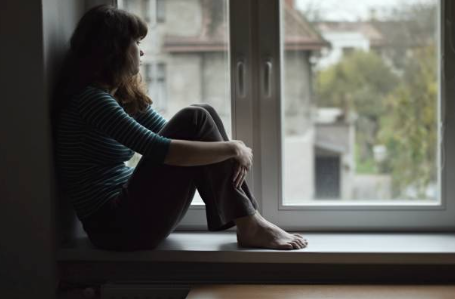A new analysis of the 2024 American Family Survey reveals a striking trend—liberal women aged 18 to 40 report significantly lower life satisfaction and higher levels of loneliness compared to their conservative counterparts. The findings raise questions about the impact of ideology, lifestyle choices, and social values on personal well-being.
Liberal Women Struggle with Happiness and Connection
According to the survey, only 12% of liberal women describe themselves as “completely satisfied” with their lives. In contrast, 37% of conservative women and 28% of moderate women in the same age group report higher levels of contentment.
Even more concerning, nearly one-third (29%) of liberal women say they feel lonely multiple times per week, a rate almost three times higher than conservative women (11%). This growing trend of isolation has led researchers to explore the underlying causes.
What’s Driving the Discontent?
Sociology professor Brad Wilcox of the University of Virginia attributes the disparity in happiness to several factors. He suggests that conservative women tend to embrace personal agency and are less likely to view themselves as victims of societal forces. This mindset, Wilcox argues, may lead to greater resilience and overall satisfaction.
Another key difference is marriage. 51% of conservative women are married, compared to only 31% of liberal women. Wilcox highlights that marriage often provides a deep sense of meaning and purpose, potentially contributing to the higher well-being reported by conservative women.
Religious participation also plays a role. Conservative women are more likely to attend church services, which has been linked to stronger social connections, lower rates of depression, and greater overall life satisfaction. Many liberal women, on the other hand, report lower levels of religious involvement, which could contribute to feelings of isolation.
A Cultural Divide in Well-Being
This data suggests that values, lifestyle choices, and worldview play a significant role in personal happiness and emotional well-being. Conservative women, who often prioritize faith, family, and personal responsibility, appear to have a greater sense of purpose and connection, while many liberal women—who may focus more on career independence and progressive activism—struggle with loneliness and dissatisfaction.
The results of this survey add to a growing discussion about the impact of modern feminist and progressive ideology on women’s overall fulfillment. While mainstream media and left-wing influencers often push narratives of “empowerment” through independence and career focus, the reality reflected in the data suggests that family, faith, and traditional values continue to provide the strongest foundation for long-term happiness and personal fulfillment.


